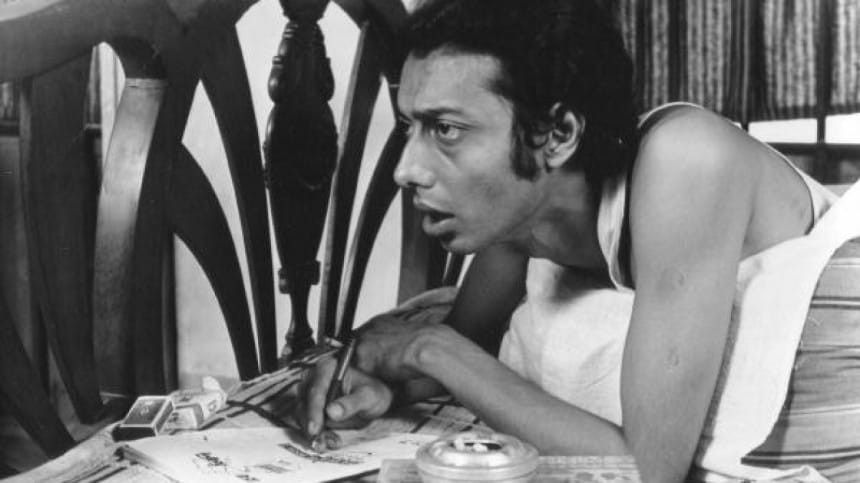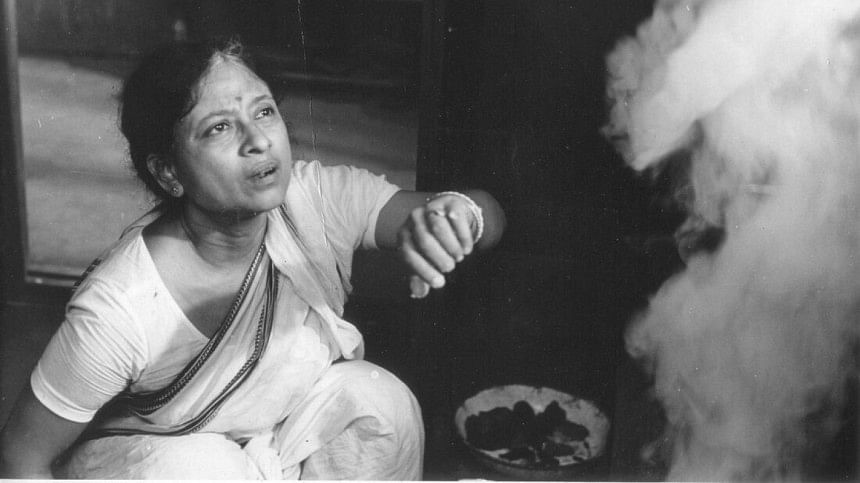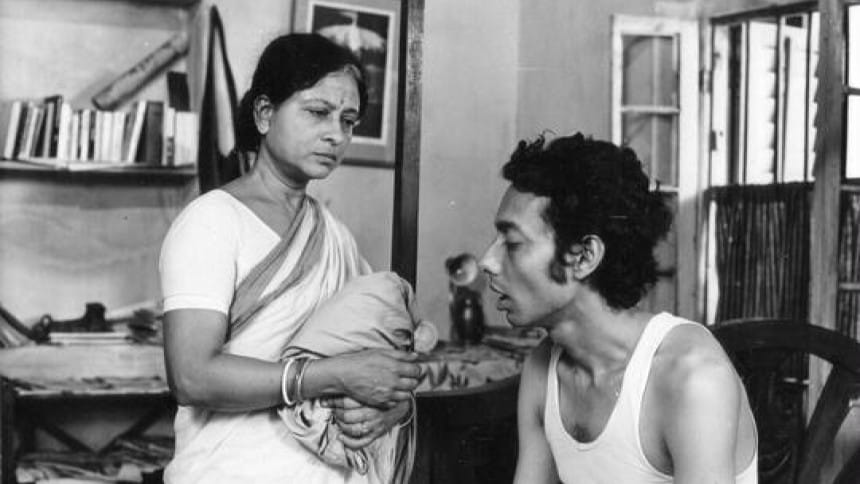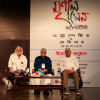Mrinal Sen’s 'Chalchitra' : class confrontation that transcends time

Even after 42 years, Mrinal Sen's "Chalchitra (The Kaleidoscope)" is a movie one can resort to over and over again. With class divides being more prominent and symbolic tokenism on the rise, the movie is as relevant as ever.
In this movie, Anjan Dutt plays the character of Dipu, an ebullient youth aspiring to be a writer. He meets a newspaper editor, played by the legendary Utpal Dutt and gets an assignment to cover an interesting aspect of middleclass life. He looks forward to covering many topics, eventually settling on the use of coal stoves, pointing how energy access is in fact unequal and unfair.

Dipu's search for the exotic is very interesting. He strives to find more build-ups, more climatic scenarios, only to arrive on the conclusion that something seemingly ordinary has such significance. The apt editing of the movie reflects this perfectly. The background score intensifies as he steps into the streets of Kolkata. His inner self finds the outer world way more interesting, but indeed the true middleclass milieu lies in the homestead itself.
The sentiments of the middle class, especially in this part of the world is captured in the movie. Dipu's mom is very strict about behaving decently, avoiding any chances of conflict. His family is clearly struggling on the financial end, but the mirage of decency must be well-kept. The ideas of the falsification and masks worn in public repeatedly come in the movie, making us question our stances in the modern world.
Literary critics often point out that the movie is about surrendering to capitalism. However, the theme seems to be more subtle. It is in fact about surviving in capitalism. From urgent medical care to utensils, everything comes at a cost. Everything that has utility or even aesthetic significance has a price tag attached. And maybe in such a world, our tales of emotions and feelings become products to sell as well.

Kolkata, its streets, markets and homesteads almost appear as characters in the movie. That cinema is a document of a time is a thought that comes to one's mind repeatedly while watching the movie. Mrinal Sen captures everything beautiful and ugly about the city, and in fact the use of outdoor stands out strongly in the movie.
The dream sequence arriving in the latter part of the movie is undoubtedly one of the most powerful scenes in a Bengali movie. Compared to the sappy romances of the modern-day commercial movies, this scene reflects what love and power is, in regards to what womanhood truly means. Dipu understands the pain his mother and other women go through while using the coal stove and arrives on his subject. Mrinal Sen points out the unfair burden on women and the poor working conditions they endure, that too way back in the 80s. This is indeed an aspect of his timelessness.
In a world where emotions become products and personalities are as fake as masks, "Chalchitra" is in fact a raw tale of what it means to struggle under the guise of the middle-class pride.

 For all latest news, follow The Daily Star's Google News channel.
For all latest news, follow The Daily Star's Google News channel. 









Comments